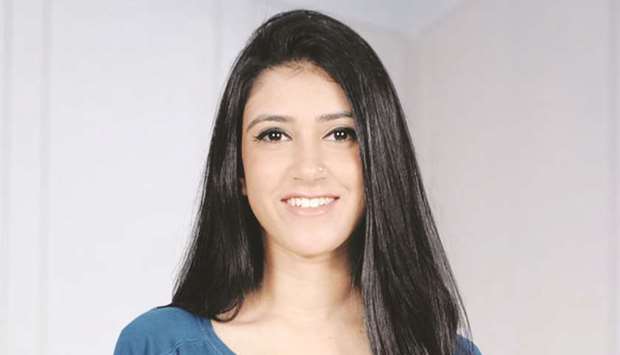During my summer in India, I had to employ a number of cognitive strategies to remain mentally composed while re-experiencing the hustle of every day Indian life. As an expat, it’s only natural that on returning to one’s home country, the wave of nostalgia heightens temperatures of boiling belongingness. But for me, this exact wave, allowed me to draw myself an illusion of a warm tub bath amidst chaos and confusion. From cars to cows, being home was cathartic for too many emotions; hence why I spent considerable time dwelling on the curious case of nostalgia and how it helped me calm down.
To think about it, the experience of nostalgia is one, that every person on the planet can relate to. That smell of a teenage fragrance, the broken tunes of an ancient advertisement jingle, the taste of a specific dish available only at the corner shop of your neighbourhood or a picture of an old friend. We’ve each got at least one of these in our throwback collections, hence proving the universality of the nostalgic experience. And it was this aspect of nostalgia that got me thinking about the physical and emotional impact such a universal circumstance creates. What does nostalgia do to us and has research been conducted on anyone’s curiosities?
Unfortunately, after a brief scan of the research, I found a number of interesting findings that didn’t offer too much value to the greater field of academic research into nostalgia. Most studies were conducted on extremely small sample sizes (groups of people representative of the larger target population) and not conclusive enough. Yet, I wanted to share a few findings that intrigued me and aided my understanding of the positive impact it had on me.
My Memories Make Me More Me.
In a study conducted in 2015, the researchers found that nostalgia helped establish an individual’s sense of personal continuity, allowing them to stabilise their identity in a time of stress or change. Experiencing nostalgia induced an awareness of the large amount of memories we could store, thereby re-affirming that despite time, we are still that person who went to school, played in the mud and dropped ice-cream all over.
Triggering Negativity for a Good Cause
It’s never fun thinking about the time prior to when you established a bad habit. Nostalgia about the ‘disciplined’ person you were, before the bad decisions has always been my least favourite. However, after reading about a study conducted in 2017, I was willing to allow my nostalgia to trigger the discomfort. The study revealed that the experience of nostalgia could be potentially motivating, as it changed the brain’s addiction patterns. After being exposed to PSA’s that highlighted life before cigarettes as opposed to the dangers of smoking, participants were more motivated to quit and extremely negative about the smoking. By tying together one’s emotions to the internal rewarding system, nostalgia can actually power us in a positive direction.
Optimism on Demand
By combining my experience in summer and a study conducted in 2013 (University of Southampton), I can confidently say that nostalgia induces optimism which in turn increases one’s resilience in any situation. For example, there were numerous occasions during my trip where I was 100% justified to ‘lose my cool’. Like the time when I arrived in Mumbai at 2:30 am in the morning and having stood in the immigration line for an excruciating 60 minutes, it was almost hilarious that the Universe thought it was a good idea to allow me to poke myself in the eye with my boarding pass. To add to this, the VIP staff who had waited for me outside the airplane, were standing with my luggage reminding me of all the time I wasted in a line I could have avoided. Just as I was about to give up, nostalgia swept into my life as a musty Mumbai “kaali peeli” (the infamous black and yellow taxis of the city) croaking tunes of vintage Bollywood movies and reeking of chewed betel nut. As rain fell on the city that morning, I let the curiosity of nostalgia take me on a journey far from my current reality of exhaustion, and well, maybe this article has done the same for you.
The author can be contacted on Instagram @sincerelysanah

Sanah Thakur
